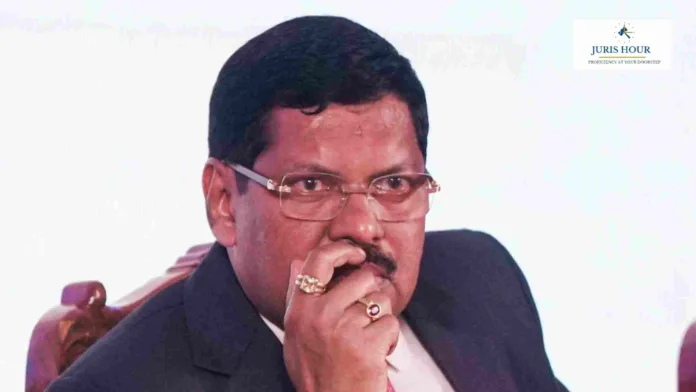The appointment process for judges has once again come under sharp public scrutiny after the Supreme Court Collegium recommended the name of Raj Wakode, nephew of Chief Justice of India (CJI) D.Y. Chandrachud’s successor, Justice B.R. Gavai, for elevation as a judge of the Bombay High Court. The development has sparked a heated debate on judicial propriety, transparency, and the need to uphold the credibility of the higher judiciary.
Former Supreme Court judge Justice Abhay S. Oka has voiced strong reservations over the recommendation, stressing that the CJI should have distanced himself from the Collegium’s deliberations in view of his close family connection to the candidate.
Call for Recusal from Collegium Proceedings
Justice Oka noted that while the qualifications of the candidate were not under question, institutional integrity demanded that Justice Gavai excuse himself from the decision-making process.
“When the name of a close relative is considered for judicial elevation, the concerned judge should not participate in the collegium meeting. This principle is essential for maintaining both transparency and public confidence in the system,” Justice Oka remarked.
He further suggested that in such cases, the Collegium could be expanded to include another senior judge to ensure impartiality in the selection process.
“Institutions Must Set Higher Standards”
Justice Oka emphasized that the judiciary must not only be fair but also appear to be fair.
“Dignity may mean different things to different people, but in institutions like the judiciary, there can be no compromise on high ethical standards. If I were in such a position, I would have stepped aside to avoid any perception of bias,” he said.
Rebuttal on Alleged RSS Links
Addressing separate allegations regarding his family’s association with the Rashtriya Swayamsevak Sangh (RSS), Justice Oka dismissed claims that such links played a role in his judicial career. He clarified that he became a judge in 2003, years before his father’s passing in 2017, and had never personally witnessed his father’s active involvement in the RSS.
The Oath to the Constitution
Reiterating the supremacy of the Constitution, Justice Oka stated:
“When a judge takes oath, his foremost allegiance is to the Constitution of India. Decisions must flow from the law and constitutional principles, not personal, political, or ideological leanings.”
Larger Debate on Collegium Transparency
This episode has reignited conversations around the Collegium system, which has often faced criticism for its opaque functioning. Justice Oka’s intervention underscores the growing demand for reforms that would insulate judicial appointments from even the slightest appearance of nepotism or conflict of interest.
Observers note that while Raj Wakode’s professional merit may not be in doubt, the controversy is less about the individual and more about safeguarding the credibility of judicial institutions. As public trust forms the backbone of the judiciary, even perceived lapses in transparency can cast a long shadow on its independence.
Read More: GSTAT Closes Anti-Profiteering Case Against Puma Realtors After Insolvency Proceedings

